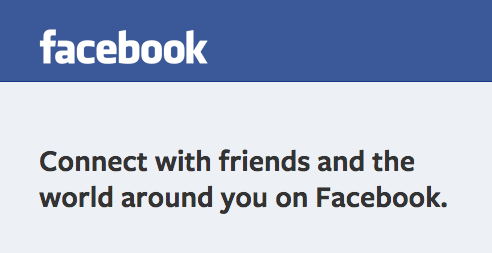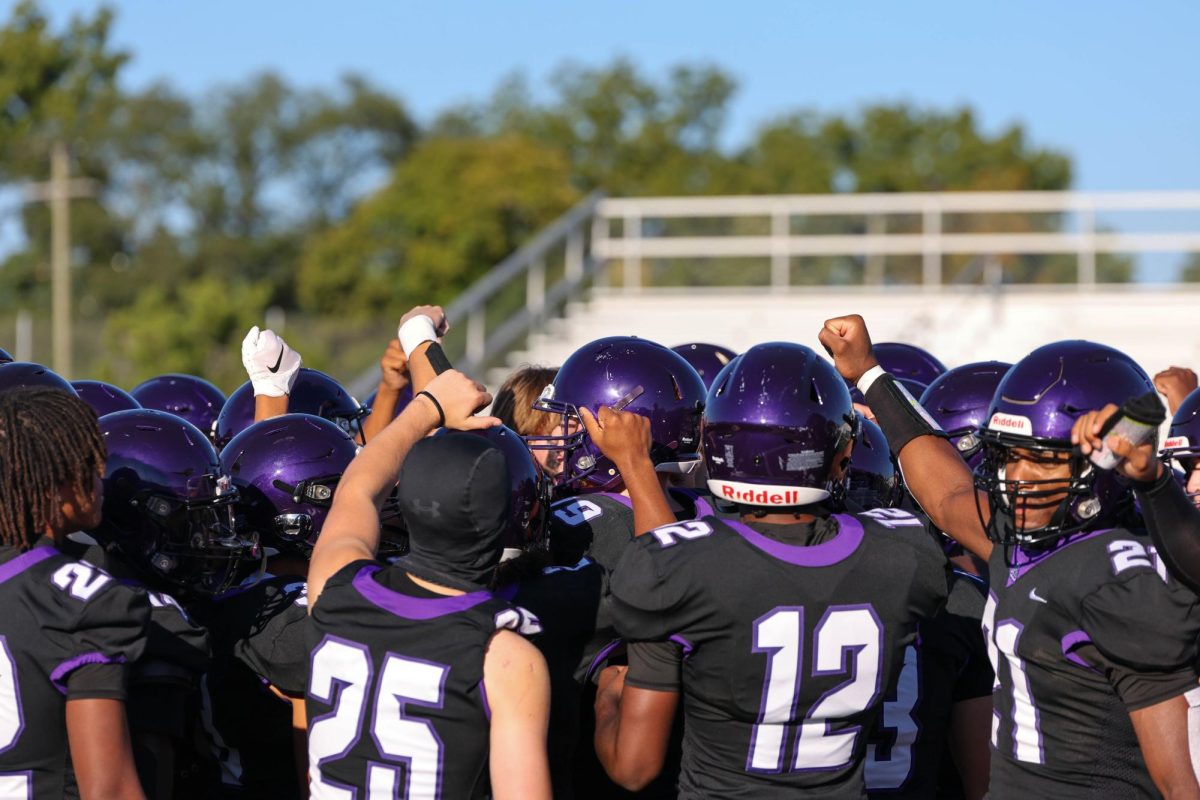The Social Network’s Stigma

Facebook is one of the many social networking sites on the internet with the potential to either unite us or tear us apart.
March 7, 2014
I deleted my Twitter last year, my Instagram is lifeless, and this past month, I’ve sworn off Facebook. As of Feb. 14, 2014, Hannah Hesseltine went dark on all social media.
I chose to rid myself of my online identity most recently in an attempt to avoid seeing the otherwise unavoidable college acceptance statuses, hoping this would help decrease my own stress level regarding the future. But what I realized soon after this decision was that social media took a definitive hold on me. It dug its claws into my skin and didn’t want to release them. This was, of course, evidence of an addiction.
I first created a Facebook page for myself in the 8th grade, and it proved to serve as the gateway drug that led me to build both a Twitter and an Instagram account two years later. It was a fun, easy way to put myself out there and connect with my friends. Additionally, it was exciting. Putting up anything anywhere meant that I could potentially receive a large amount of likes or favorites and that kind of attention, even when it was minimal, felt good. The high that social networking could give me eventually turned into a mindless addiction. I’d check each website in the hallway, during class, and as a means of procrastination at night. It had the power to keep me up to the point where I wouldn’t get enough sleep, forcing me to walk into school the next morning a zombie.
By slowly removing myself from each social networking source, I began to understand the negative stigma that social networking created in me and in every user. While posting online made me feel good about myself on occasion, it often made me feel insecure. Why did so and so’s picture receive 100 likes when mine only got 20? Even so, what I am most grateful to be away from is the drama that each website—most specifically, Twitter—fosters. I have witnessed multiple occasions where people have said things they would never say to someone’s face on a screen. Whether it’s direct or indirect, the message comes across and not only hurts the person it refers to, but it can also annoy or anger those that were once uninvolved. Twitter fights, subtweets, or accusatory Facebook statuses make our problems bigger than they are, not only by publishing them for the entire world to read, but by extending an invitation to that audience to jump in and join the fight.
I know that I have personally benefited from removing myself from the various forms of social media, but that does not mean they are purposeless. These websites have the power to make a difference and already have a history of raising awareness for important global issues. I hope to see a change in the years to come regarding the social network’s stigma: that it becomes one that moves society forward in a positive and nurturing way, rather than focusing on our jealousy, hatred, and annoyances. We can achieve this through a collective effort to limit negative postings and to seek help from people, not screens, when we need it. Social networking has the potential to change the world for the better and to develop positive communication and connection between humans—it’s up to us to fulfill it.










